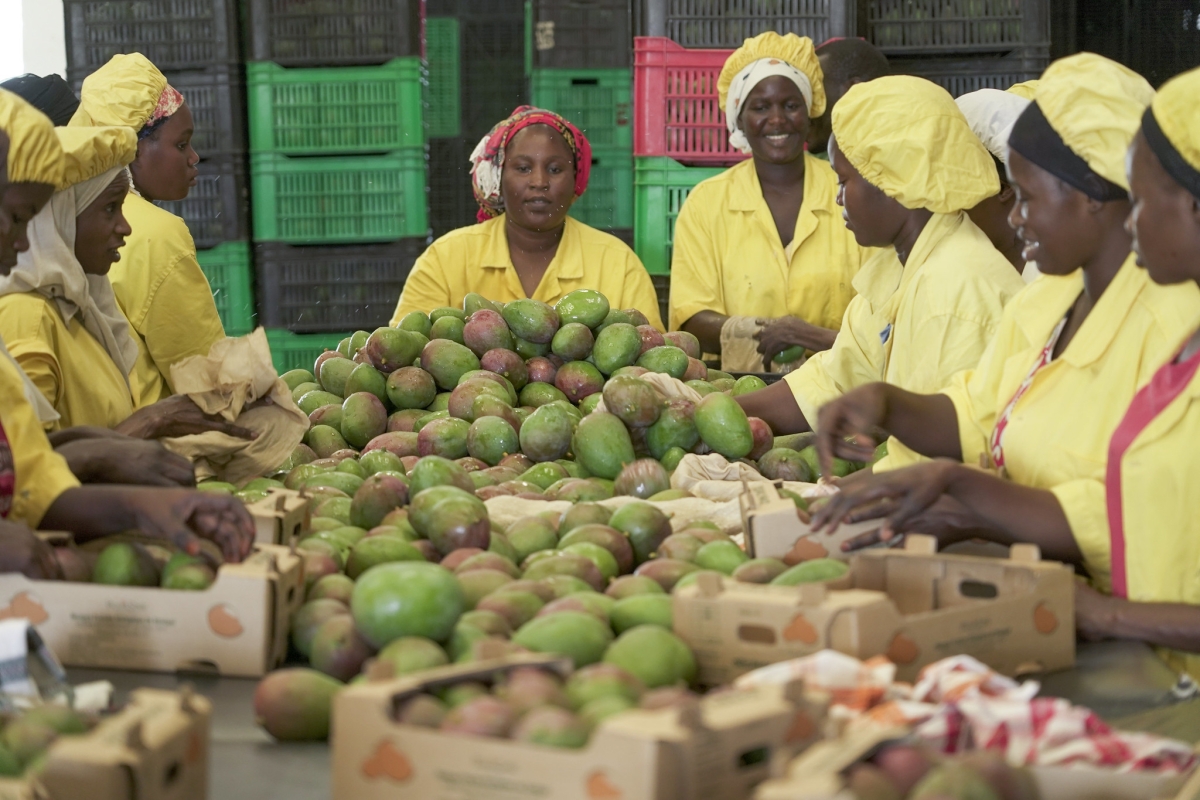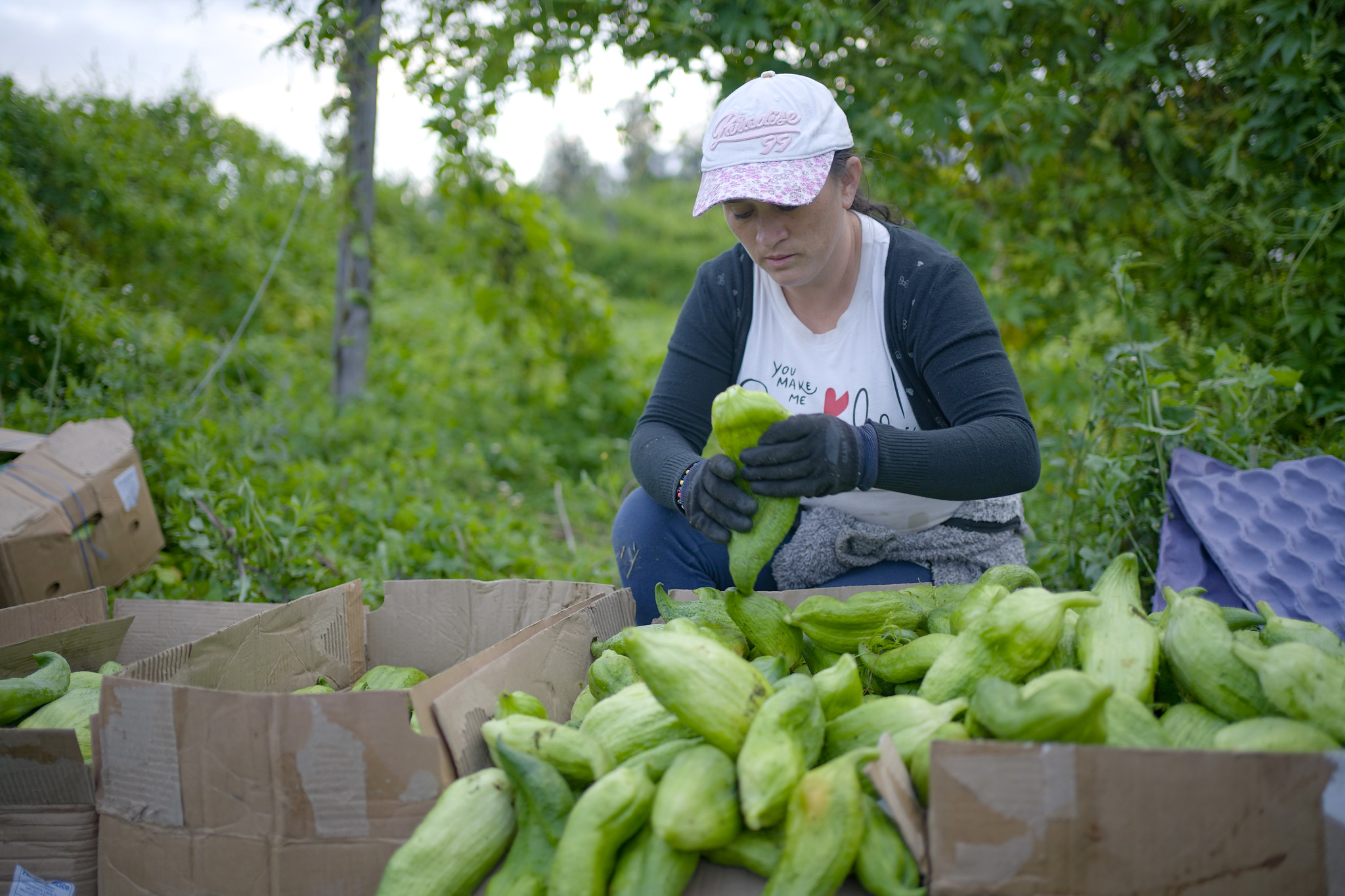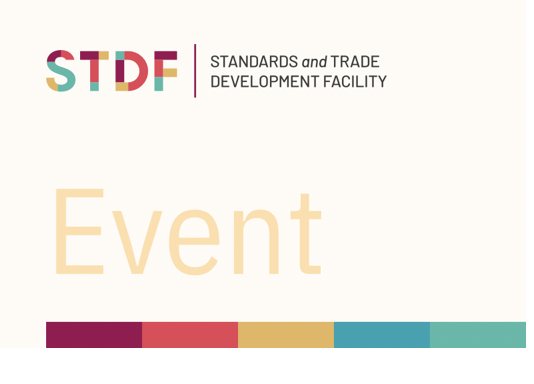Image

Gender Mainstreaming
Gender-responsive approaches in SPS systems promote inclusivity and equity. Women play critical roles in agriculture and food production but often face barriers to accessing resources and opportunities. Addressing these gaps ensures that SPS initiatives benefit all stakeholders.
By integrating gender considerations into SPS policies and programmes, countries can empower women, foster innovation, and improve outcomes for communities. Inclusive SPS systems support sustainable development and contribute to resilient food systems.
Body
Gender Analyses conducted in STDF projects
| Gender Analyses completed |
|
| Gender Analyses ongoing |
|
| Gender Analyses planned |
|

